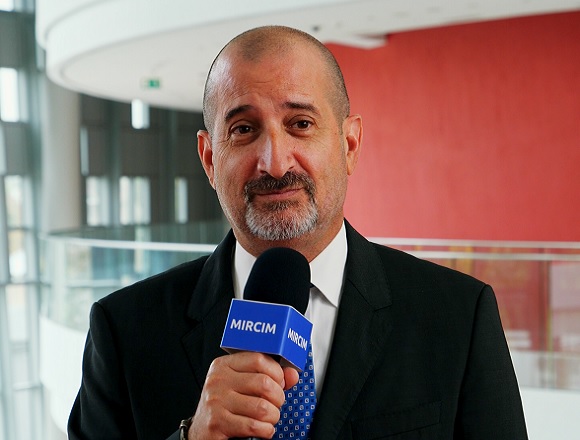Paul Moayyedi, MB, is a professor of medicine, assistant dean of research, and director of the Farncombe Family Digestive Health Research Institute in the Faculty of Health Sciences at McMaster University.
What management do you recommend if specific biologic therapy is not effective for inflammatory bowel disease (IBD)? Should a biologic drug be replaced with another biologic agent with a different mechanism of action or should a Janus kinase (JAK) inhibitor be added? Is combined treatment with a biologic agent and a JAK inhibitor safe/possible?
That’s an interesting question, which the gastroenterology community is discussing at the moment. First of all, if a patient fails while on a biologic, you need to see if the dose is correct. You would use therapeutic drug monitoring. If you have a severely active disease, the biologic agent can leak from the intestine, and if you give a higher dose more frequently, you may get, on top of that, an induced remission. The first thing to do is make sure you’re using the current biologic to its optimal extent.
On the other hand, if you have antibodies, it’s unlikely that giving more of that drug is going to be helpful, so you do need to switch. If they haven’t responded despite adequate drug levels, again, you would need to switch. I personally make sure that, as long as the patient is severely ill, I give them a good length of time of the drug before deciding it’s not working, so at least 4 but preferably 6 months of the therapy before deciding that we have to go to the next one. These days you would switch the class of drugs, so you would move to a different mechanism of action. If you’ve got patients taking an anti–tumor necrosis factor (TNF)-alpha drug, then you might want to use an anti-integrin drug, like vedolizumab, or a JAK inhibitor, as you mentioned, if it’s ulcerative colitis.
Can you use that in combination? Well, they are expensive, so to have 2 drugs that are expensive is of course particularly troublesome and certainly not something you could do routinely. Also, there is the concern of whether there will be an added effect of increased adverse events. So, most of these drugs increase the risk of serious infection, some increase the risk of lymphoma or other nonmelanoma cancers. If you use 2 agents with different mechanisms, those risks could be increased further, so you really need to be careful. There has been no randomized trial as yet, although there are studies looking at this that have shown that this is beneficial. Generally you would not use 2 different types of biologics in one patient at the same time, you would move from one to the other.
 English
English
 Español
Español
 українська
українська





